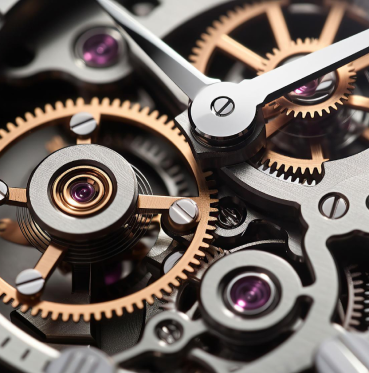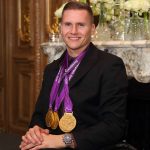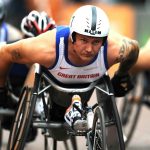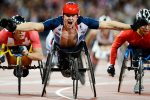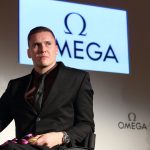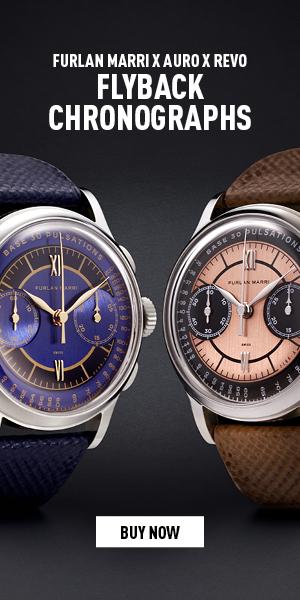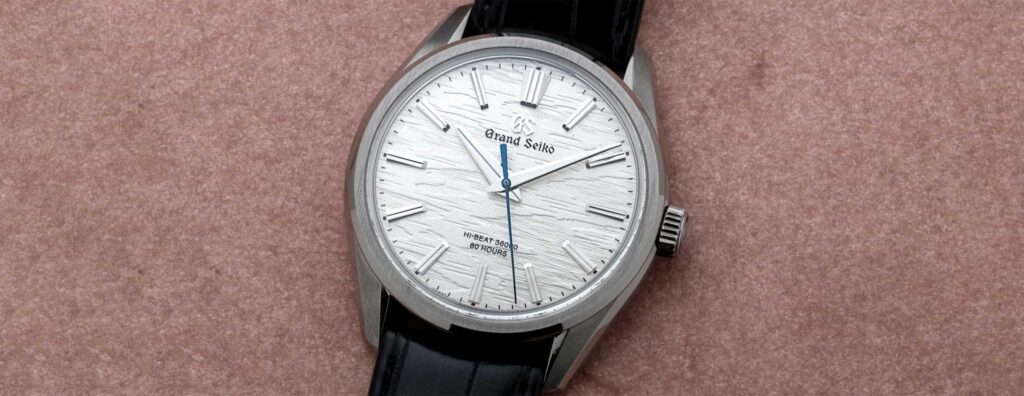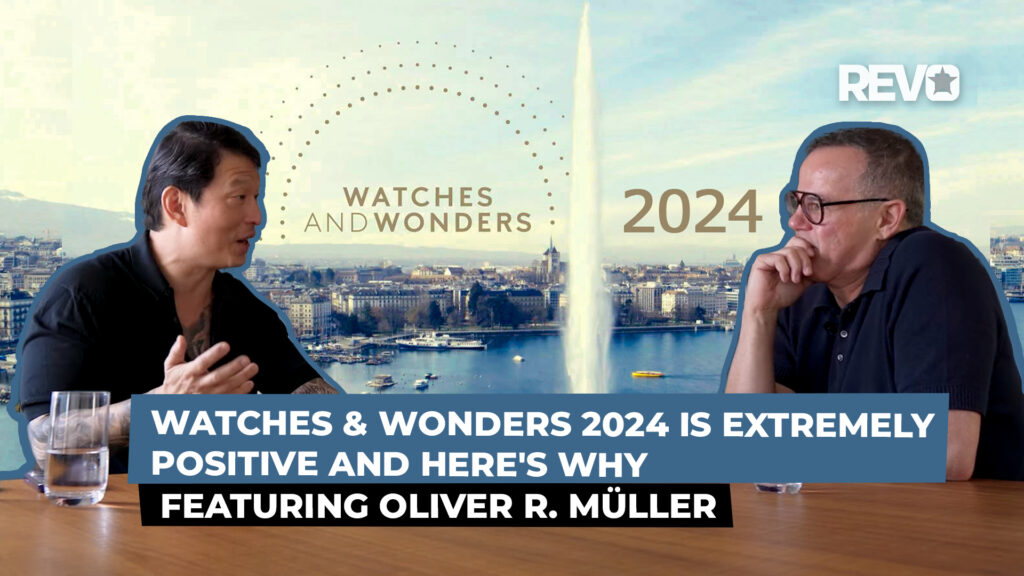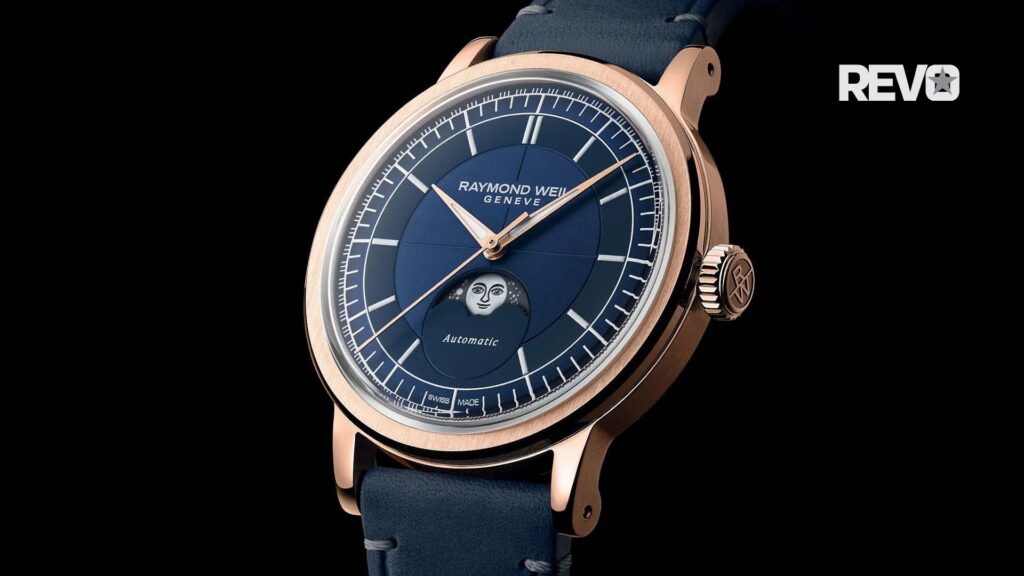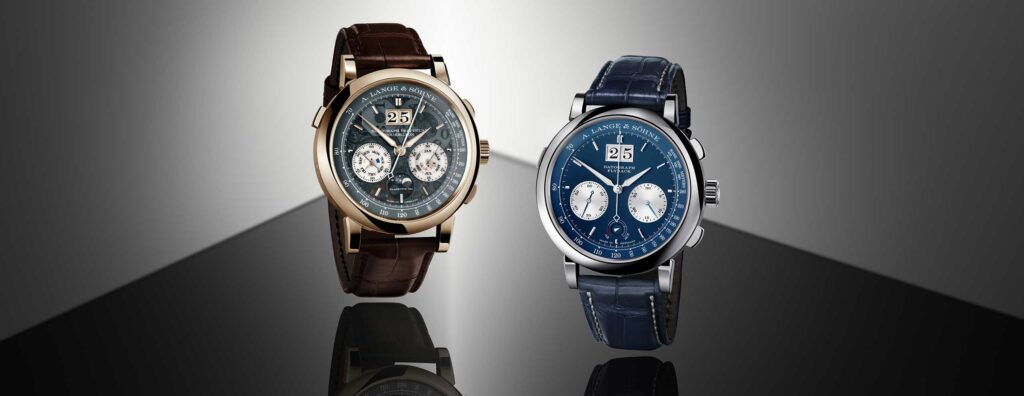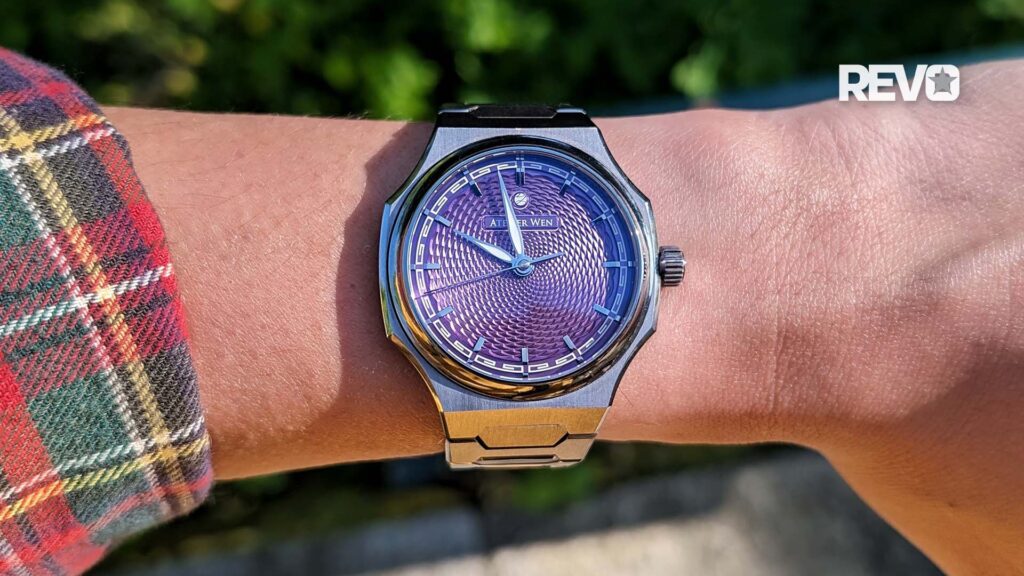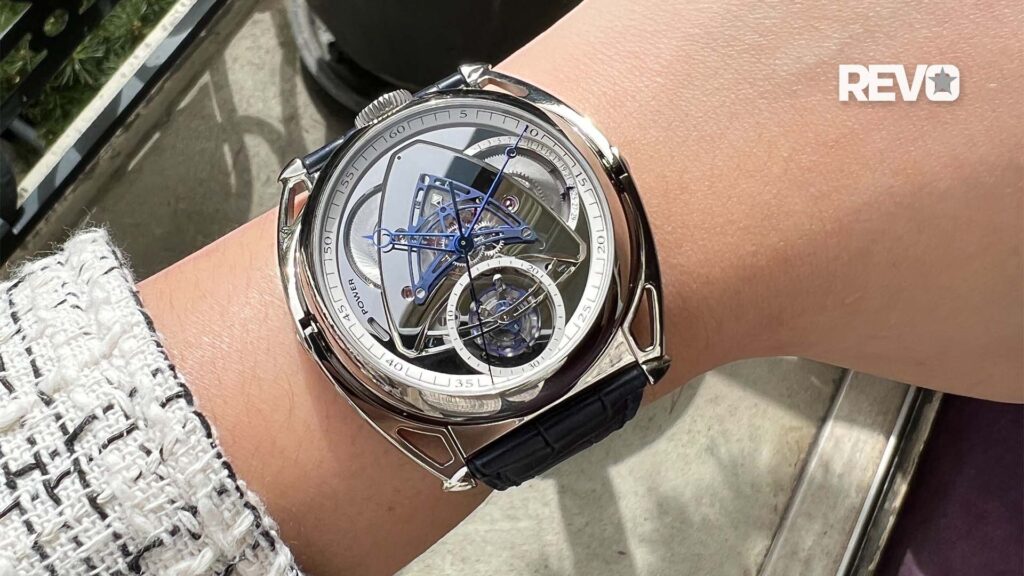Interviews
Paralympian David Weir Goes For Gold
I think that we have really built on the buzz that 2012 created Para-sport has progressed a lot and the Paralympics has certainly had a huge impact on my sport. For example, before the London Olympics there were only 20 races at Stoke Mandeville and now, less than four years later, there are over 90 races – in fact I am competing in one today [7 may 2016]. These numbers simply speak for themselves.
Going to Rio after being so successful at London 2012 could put a lot of pressure on me as an athlete but, to be honest, I am just really looking forward to being back on that big stage defending my titles. At the same time, I am very hopeful that this August will prove to be yet another Golden Summer for sport as a whole as well as for me and Team GB.
My races revolve around time itself and this involves long, hard, intense training sessions on a daily basis. I have to endure these every day to become the best I can be both on and off the track. But when I get home to my family I switch off completely. My partner Emily and my children keep me busy and this is exactly the distraction I need when I’m away from training.
Minute measurements of time are crucial to my training and I think that I simply accept that accurate timing happens on a day-to-day basis. I don’t go for personal bests any more, I simply go on the track or road and do the best I can – and hopefully come away with the wins.
A watch is important to me. It’s symbolic as it reminds me that everyday is for living and time is very much ticking and you have to live life to the full as best you can. I still remember my first watch. I bought it at the Paralympics in Atlanta in 1996 and I purchased it in the Athletes’ Village – it was a Swatch! My current watch is an Omega Speedmaster. I love it as it is big and bulky which suits me as my wrists are quite big but unfortunately I cannot wear it when I am racing as I have my racing gloves on.
After Rio I will be concentrating on the IPC World Championships 2017 which take place in London and, after this, I will probably retire from the track – I will, however, still compete in the Abbott World Marathon Majors. I think I would like to be remembered for my achievements in the sport and as someone who was and is a role model for the next generation. If I can achieve that then I will retire happy.”


